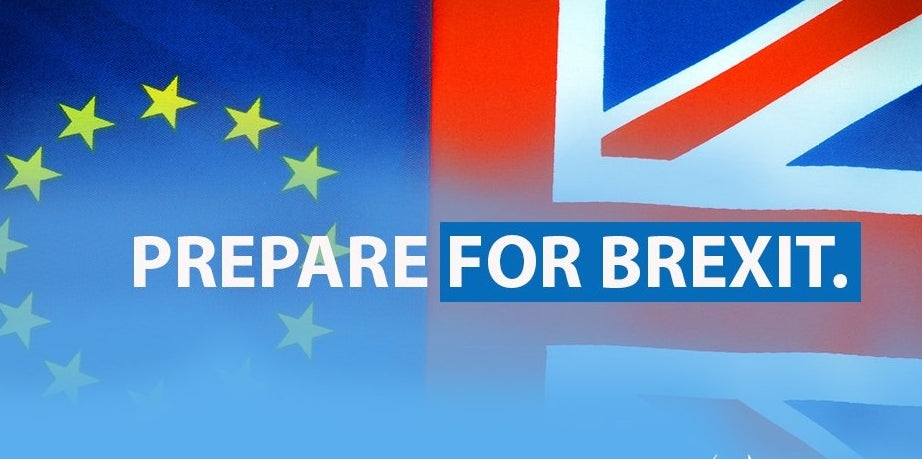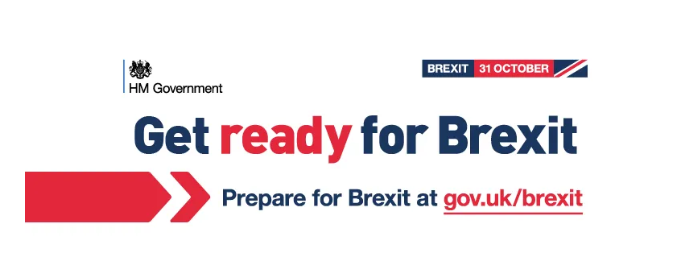
The UK is due to leave the EU on 29 March 2019, or shortly after, if the rumours
regarding a delay are true.
regarding a delay are true.
Businesses that sell and buy from the EU need to have contingency plans in
place before 29 March 2019 and they will need to be sufficiently flexible to cope
with a variety of possible unknowns. Even if a business does not buy and sell to
and from the EU, then a supplier may be acquiring goods from the EU and
leaving the EU could cause delays, which could impact your business.
When the UK leaves the customs union, goods moving into or out of the UK
will be subject to customs checks, customs declarations and duty rates
negotiated with EU or non-EU countries. In the absence of specific trade
agreements with the UK’s trading partners, the default position would be for
the World Trade Organisation (WTO) to apply its own tariffs. UK businesses
who have not prepared for the possible absence of trade agreements with the
EU, in particular, could be faced with unanticipated costs, and supply chain
problems, which may create vulnerabilities for the business.
The short-term planning measure appears to be stockpiling, but that can only
last for so long!



